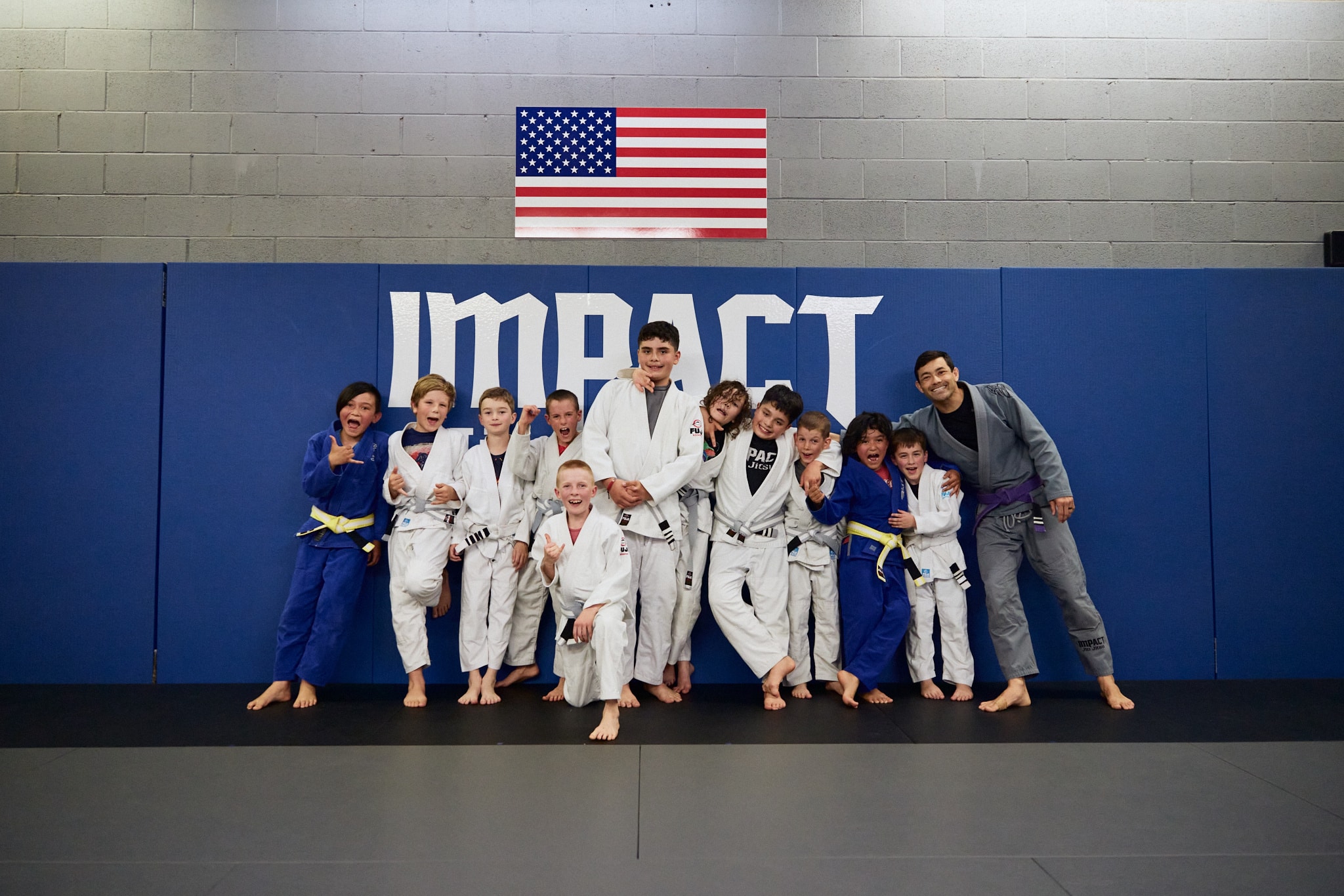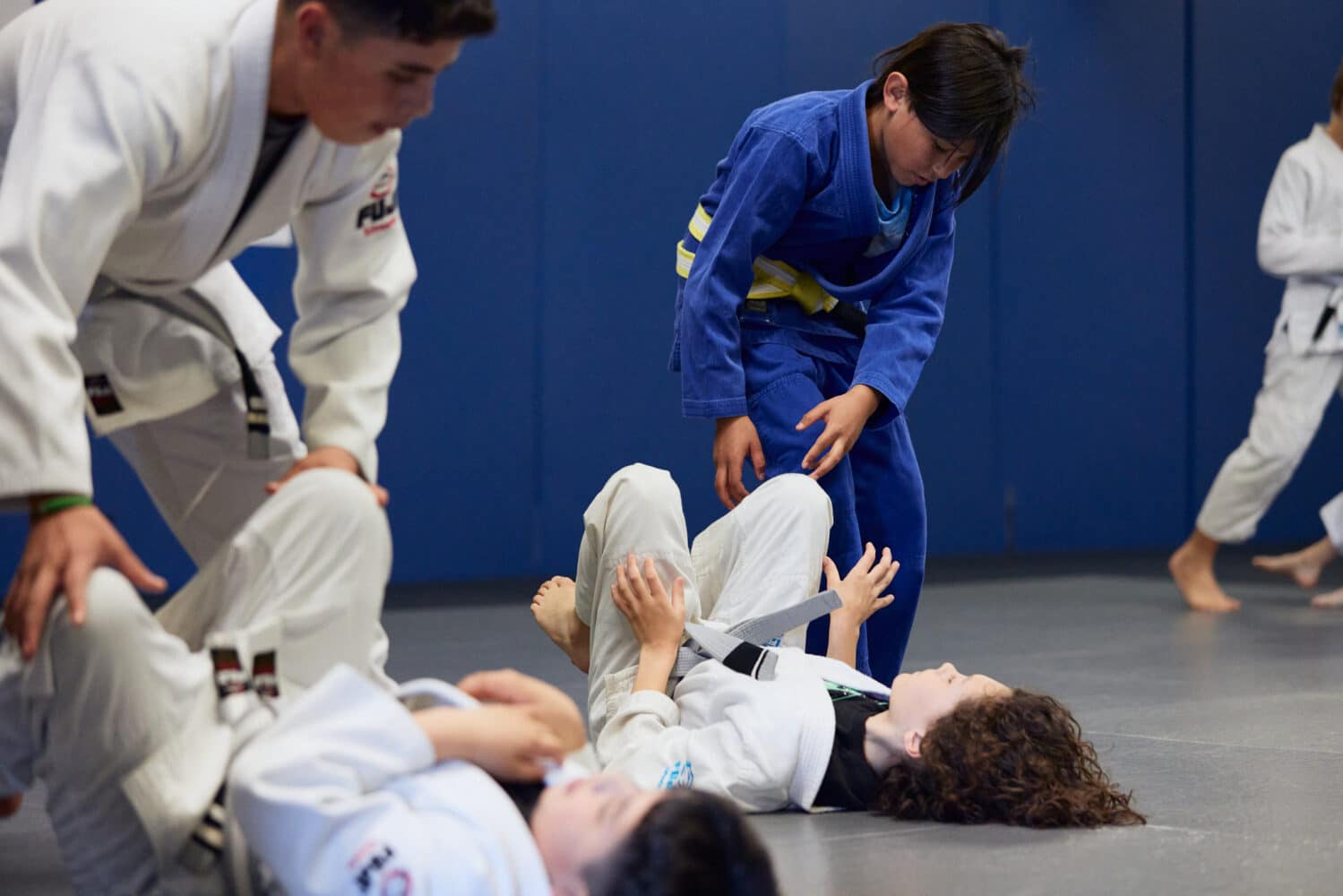Embarking on the journey of Brazilian Jiu-Jitsu (BJJ) often begins with the daunting task of simply walking through the gym doors. While this initial step may seem intimidating, it’s essential to realize that the difficulty doesn’t diminish; rather, it becomes less intimidating with time and practice.
Navigating the Beginner Phase:
Starting Brazilian Jiu-Jitsu parallels acquiring a new language—both verbally and physically. Terms like “shrimping,” “breakfalling,” and “backstepping” may initially sound foreign, yet they are essential components of the practice. As newcomers, feeling out of place or confused is common, but it’s crucial to recognize that these emotions are self-imposed. No one judges your initial struggles; after all, everyone started from the same point of unfamiliarity.
Understanding the Learning Process:
There are typically four stages to mastering any new skill, including BJJ:
Unconscious Incompetence: At the outset, beginners lack awareness of what they don’t know. They’re still grappling with the basics, making it challenging to formulate meaningful questions.
Conscious Incompetence: Progressing further, practitioners realize the extent of their ignorance. This stage often coincides with the early days of training or earning a white belt, where questions begin to emerge.
Conscious Competence: As proficiency grows, practitioners reach a stage where they understand BJJ concepts but must consciously apply them. For instance, executing techniques requires deliberate thought and assessment of options.
Unconscious Competence: With extensive practice, movements become second nature, akin to muscle memory. This stage, prevalent among higher belts like brown and black, involves executing techniques instinctively, sometimes faster than conscious thought.
Conclusion:
Starting Brazilian Jiu-Jitsu marks the beginning of an enriching journey filled with challenges and growth. While the initial hurdles may seem daunting, embracing the learning process and understanding its stages can provide clarity and motivation. Remember, everyone progresses at their own pace, and the key is to enjoy the journey rather than racing to the destination.

